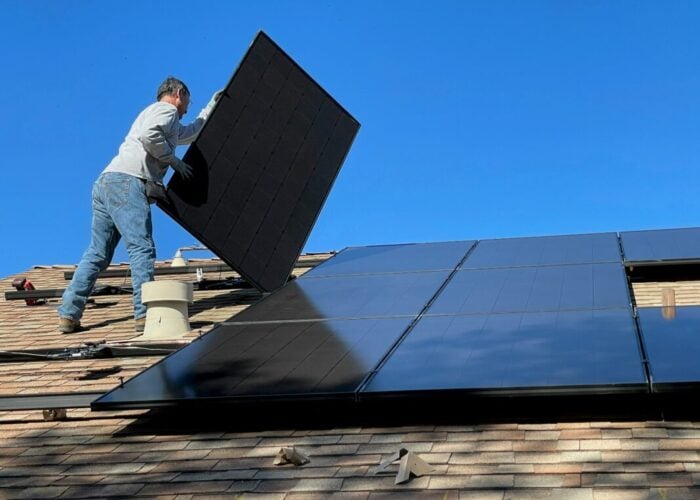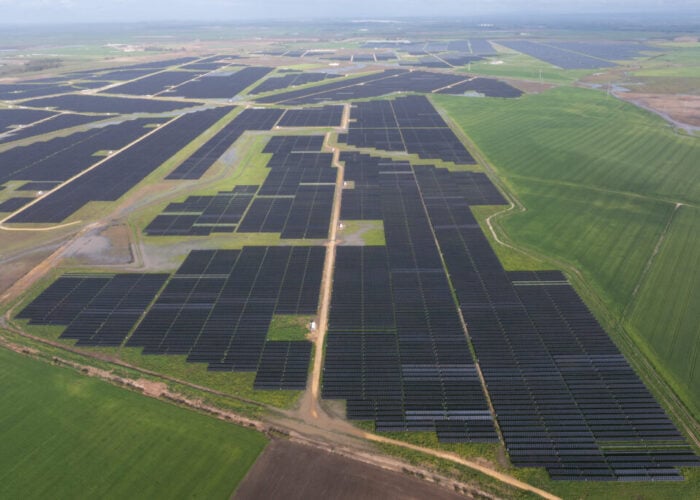
The Spanish Supreme Court has ruled that solar PV companies and investors should be compensated by the Spanish administration over historic amendments to the feed-in-tariff (FiT) policy for new installations.
The win for solar announced on 29 April has been welcomed by law firms and solar stakeholders, who claim it may set a precedent for future cases, in a nation where the majority of legal cases of late have seen solar losing out. Spanish law firm Evolutiza Lawyers and Tax Advisors was responsible for filing the appeals in defence of the PV investors.
Try Premium for just $1
- Full premium access for the first month at only $1
- Converts to an annual rate after 30 days unless cancelled
- Cancel anytime during the trial period
Premium Benefits
- Expert industry analysis and interviews
- Digital access to PV Tech Power journal
- Exclusive event discounts
Or get the full Premium subscription right away
Or continue reading this article for free
Daniel Pérez, attorney at Holtrop S.L.P, a law firm that has been heavily involved in other legal cases surrounding the Royal Decrees on solar, told PV Tech: “It is very good at least to have a partial win. But it is quite limited because it affects only one specific case, although it might be a precedent for future complaints.”
This is because the latest ruling only covers the moratorium on giving FiTs to new solar installations, which was a norm introduced by the Conservative Popular party after it came into power. Meanwhile, the ruling does not account for the retroactive cuts to the FiTs that were brought in for exiting installations.
Pérez said this means the compensation only covers investments made in presenting and promoting projects in planning, which is limited. Moreover most of the solar producers affected did not appeal because they saw that the first legal decisions surrounding the retroactive cuts to the FiT for existing installations had been lost.
Following the publication of Royal Decree Law 1/2012, which brought in the FiT changes, Evolutiza submitted claims for expenses and costs incurred by developers and PV investors, whose projects did not materialize. However the Cabinet dismissed the claims on 25 April 2014.
An appeal in the Supreme Court followed. Now the Spanish state has been forced to compensate investors and PV promoters after the Royal Decree-law 1/2012 was found to be “surprising, breaking the principle of legitimate expectations” set by the Royal Decree of 2008, which first introduced the FiT subsidy scheme.
Retribution cases
There are two main sets of cases regarding the retroactive cuts or “retribution” on the subsidies. The courts rejected the claims around the first cutbacks in 2010, ruling that there had been no impact. The second set of cases in relation to the cutbacks of 2013/14 are still pending.
Perez added: “This decision that appeared last week is a bit of oxygen for future decisions.”






